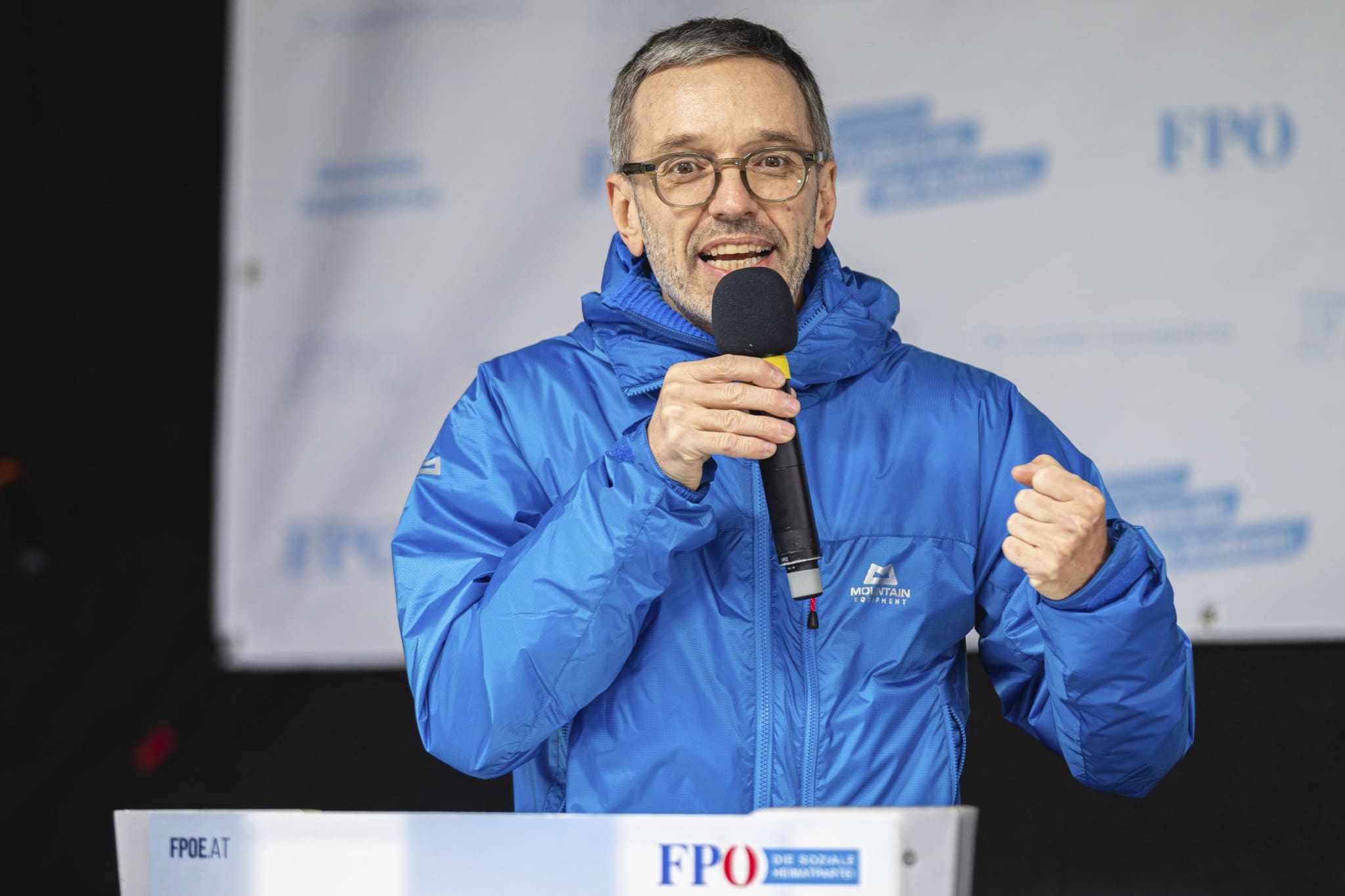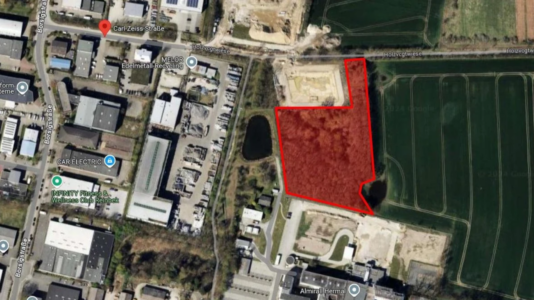In the wake of the historic victory of Austria’s Freedom Party, Zoltán Kiszelly, director of political analysis at the Századvég Public Knowledge Center Foundation, told Magyar Nemzet that “even though labels such as far-right or outright neo-Nazi are used to label conservative parties, the labeling no longer works in Germany or Austria.”
“The situation is so bad, people are so dissatisfied that they want to express this dissatisfaction and therefore vote for parties critical of the system,“ he continued, adding that unfortunately, the elite retains its power via coalitions with the liberals, rainbow groups, and other factions.
Without the ability to counter these coalitions, the elite will continue to represent and push the globalist agenda, Kiszelly said, adding that mainstream parties are focused on implementing programs from power centers in Brussels and Washington. However, these have less and less support, which is why more and more people are voting for the protest parties.
In Austria, the main obstacle to the coalition led by the FPÖ may be party leader Herbert Kickl, who like Geert Wilders in the Netherlands, is unacceptable due to his opposition to migration and other globalist interests.
Kickl wants an Austrian policy that is more independent from the Germans, he notes.
Zoltán Kiszelly highlighted that at stake in this last migration was the issue of migration, with 23 percent of Austrians saying migration was a primary issue and 18 percent saying the social welfare system was as well, which is also tied to illegal migrants.






